|
Muzzle Blasts Online |
|
...for the muzzleloading enthusiast |
|
The muzzleblasts.com domain, subdomains, content, etc., are neither affiliated with the NMLRA nor its paper magazine Muzzle Blasts |
|
Muzzle Blasts Online |
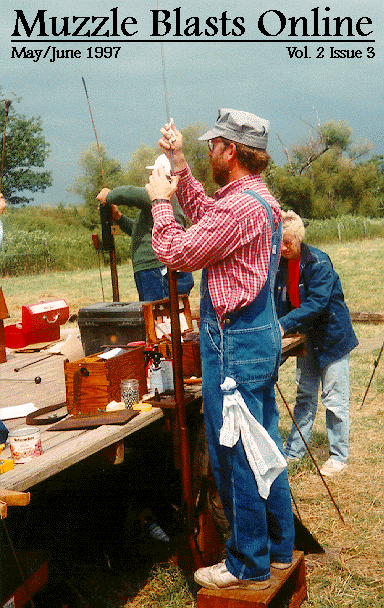
|
|
|
|
|
|
Diversity the Rule, Not the Exception
by Jeff Jaeger
The following four Indiana rifles were all made during the percussion era, but each displays a unique architectural style and incorporates features which were chosen by the maker or requested by the customer. None of the styles dominate Indiana guns and thus I describe Indiana as a "melting pot" of designs. Get a better look at each of these guns and many more this June in Friendship, Indiana where the Museum of the NMLRA will feature the exhibit: Historic Hoosier Guns and Tansel Powder Horns.
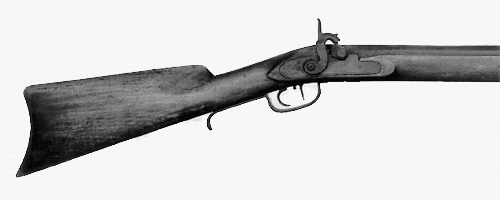
|
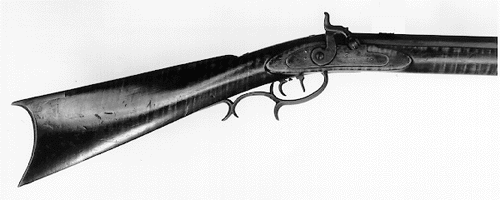
|
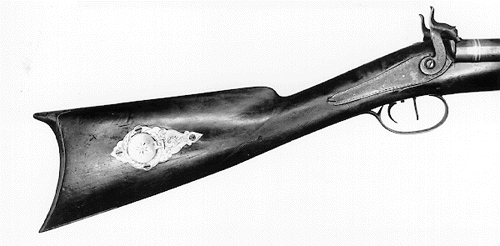
|
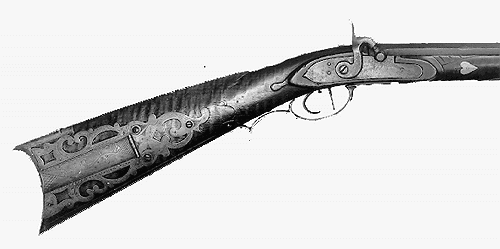
|
Thanks to Jack Vye, Ron Stanley, Haas Walston, and Curt Johnson for your cooperation and education. These photos would not have been possible without your help.